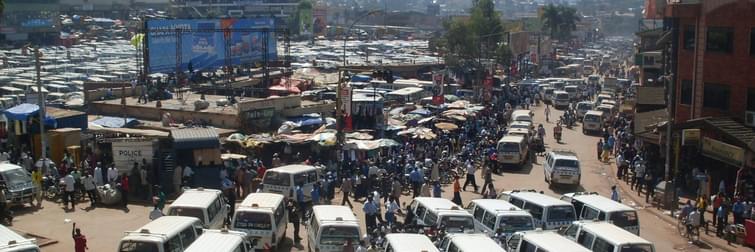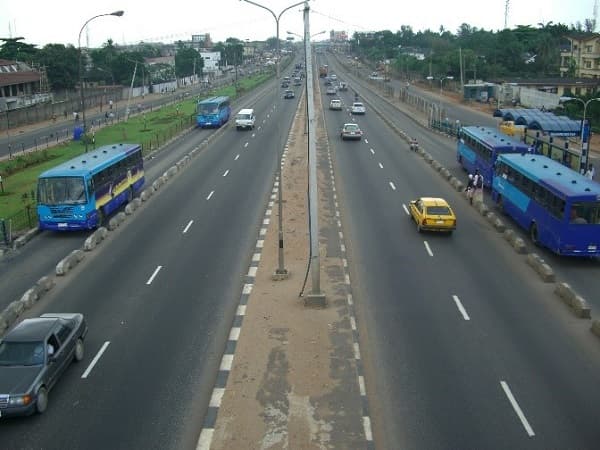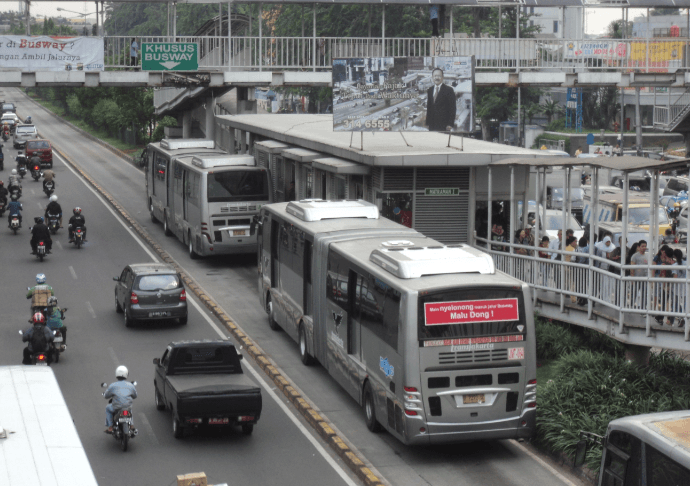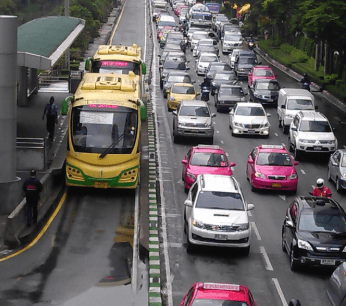
blog: ITP: true internationalists
Friday 31st January 2020
A conversation back in 2003 with celebrated architect Elsie Owusu, led to ITP’s first international project; examining the potential for Mass Transit in Ghana’s capital city of Accra. From that point, we knew that this was the kind of work we must pursue. The ability to make significant change and a realisation that, for some, transport is not taken for granted but something that causes constant anxiety and often high cost and danger, resulted in our commitment to continue working in the developing world.
In Accra, we worked with some brilliant people - including their president at the time, John Kufuor, and female market traders whose reliance on sub-optimal transport services made their lives extremely hard. From there, we moved to Lagos and onwards throughout Sub Saharan Africa, South East Asia, and Australia!
Realities of transport
In the last 17 years we have witnessed severe transport problems. In Lagos, our focus group discussions reported women who were regularly assaulted and young people whose friends were (alarmingly regularly) murdered whilst mundanely catching the bus. In Manila, we found that people needed to leave home at 5am to make a 20km journey to arrive at work for 8:30am!
We have worked in situations where transport consumes over 70% of a person's income. Situations where our own, UK, transport problems are put into context. Fundamental equity issues like this lie behind the international bug that I, and colleagues at ITP, have caught. It engendered a genuine sense of responsibility and a desire to work in places where our actions as transport planners can result in significant, material changes to people's lives - tangibly improving their everyday realities.
You Can’t Always Get What You Want
Everyone is aspirational. Where in the world have we worked that has not wanted a monorail, sometimes cable cars, and so often light rail - and what is wrong with wanting the best?!

When Bus Rapid Transit is accepted, a 'gold standard' is usually desired - with compromise often not an option.
But why start with a solution when the problem, and the options, are not fully understood? Aspiration can frustrate achievement, waste a lot of money along the way, and disappoint everyone from politicians to citizens. In my view the solutions to big mobility problems should be realistic and based on what is needed, if they are to result in productive change.
Don’t reject what works
Change might be needed, and justified, but rejection of everything and adoption of a new means, mode, or approach often frustrates delivery. Chaos might exist, frustrations might be many, but often existing transport providers are moving huge amounts of people and providing incomes for many.
It may be that the objectives are not aligned; the need to make profit and minimise cost is outweighing passenger requirements, but those operators and the employees they support have a definite role in the delivery of improved or more formal public transport services in the future. Their expertise, knowledge, networks and labour can, and should, be a key part of the outcome!

Deliverability is everything
To talk, to study, to report and raise expectations without delivery is the worst kind of failure. A bias towards the delivery of productive change should be ever-present, from outset to operation. All stakeholders will hold different objectives and have different roles - some will be productive and contributory, others will be obstructive.
The rationalisation of these views and positions within the context of a delivery focus, supported by expert analysis, will ultimately lead to improvement. It doesn’t mean that the resultant scheme will be immune from criticism where full aspirations will have not been met, but it will lead to greatly-needed improvement. It is easier to criticise without understanding context than it is to deliver change, no matter how modest the improvement.
ITP: intent on change
We want to instigate productive and positive change. We want to understand the problem, the context, the desire, those involved and their motives, but we will be creative and inventive.
Our work has a focus upon cities, and often public transport, but is inclusive of all travel modes. No one solution satisfies the total mobility needs of a city.

Being a transport planner means understanding everything that achieves mobility for people. It embraces engineering, planning, architecture, and psychology. Social wellbeing, economic vitality, and being human is the role of the transport planner working in the cities of the world. The responsibility is immense, but the work is important and the goal of achievement is rewarding.
To read the full series of blogs from ITP's International Month, visit the News and Views page on our website.
